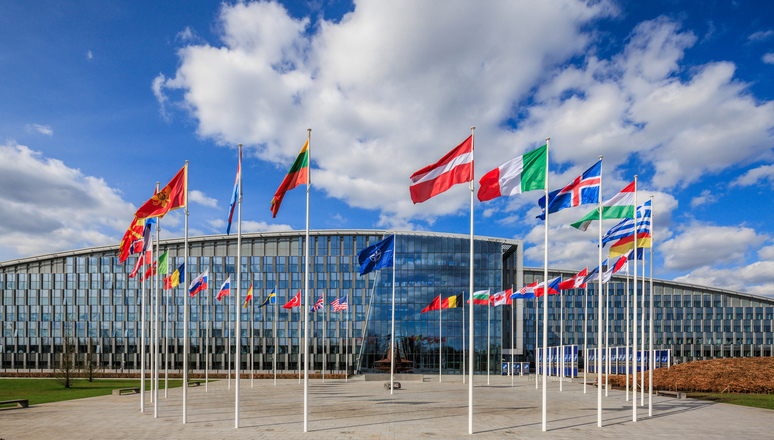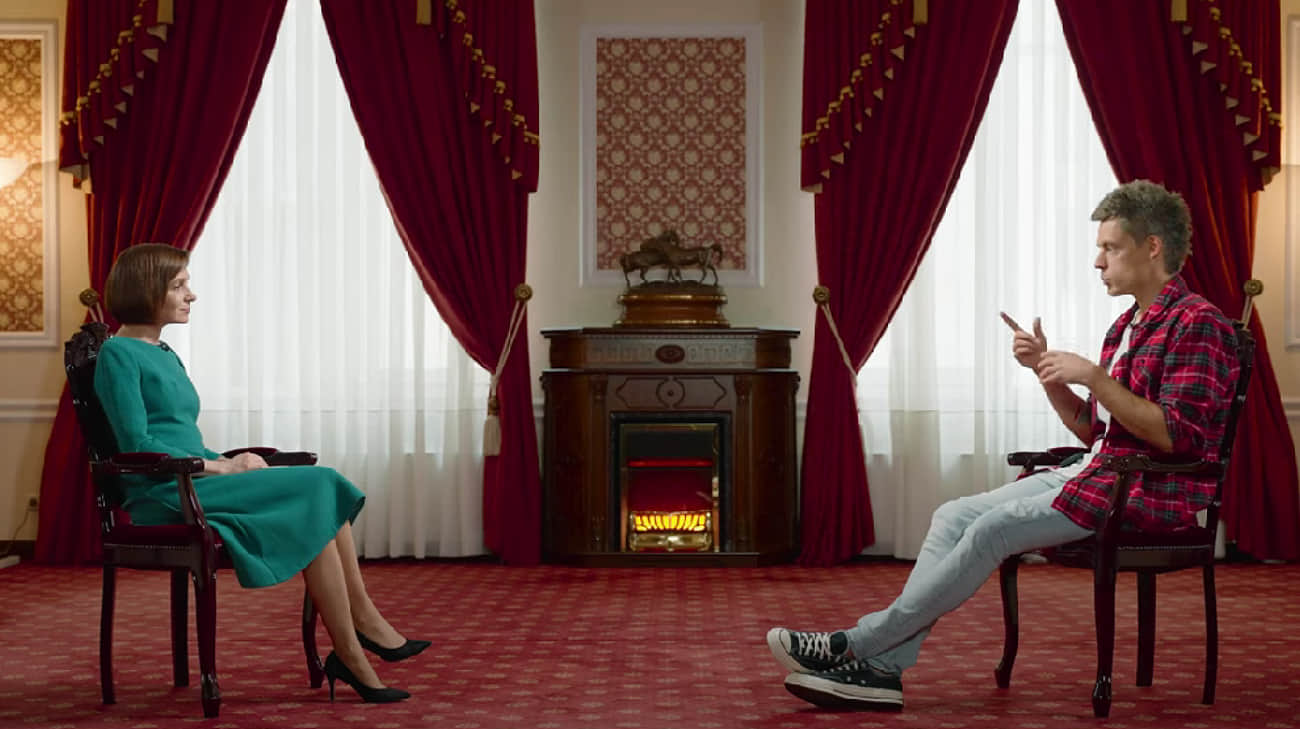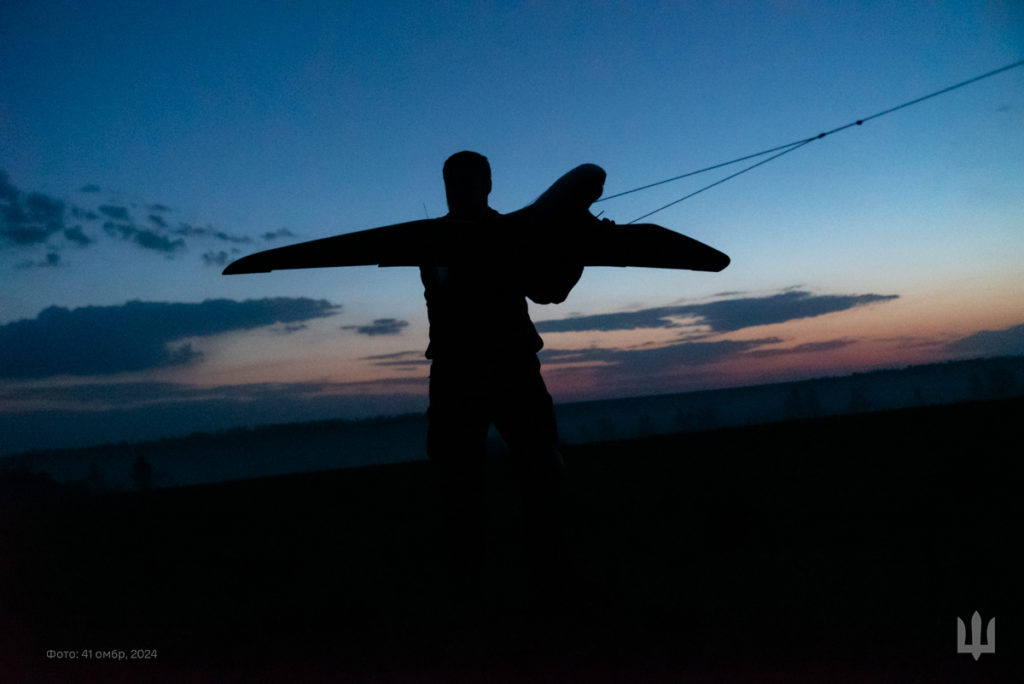NATO defense ministers to begin talks on new Russia strategy
NATO is preparing to reshape its strategy towards Russia, recognizing the obsolescence of previous cooperation agreements, Politico says.


NATO defense ministers will meet next week to reconsider the alliance’s long-standing policy on Russia in response to the growing threat posed by the Kremlin, Politico reports. There is no draft of a new strategy yet.
According to Politico, a senior US government official stated on 11 October 2024, that it’s time to “craft a new strategy” regarding the allies’ specific positions on Russia. The official emphasized that the 1997 NATO-Russia Founding Act and the NATO-Russia Council “were built for a different era,” suggesting that a new approach is necessary to address the current state of relations.
The process of developing this new strategy is expected to involve several rounds of minister-level discussions. The goal is to have a finalized strategy ready for approval at the next NATO summit, scheduled for June 2025 in The Hague.
While there is a general consensus on the need for a new strategy, some differences in approach exist among NATO members. A NATO diplomat revealed that some countries are concerned that an overly aggressive new strategy could potentially destabilize Russia. Additionally, Hungary and Slovakia stand out as NATO members who continue to maintain contact with the Kremlin, seeing strategic value in engaging with Russia.
Related:
- Kosovo leader warns Russian victory in Ukraine could threaten Balkan peace
- Rutte: Ukraine faces its hardest winter yet—NATO must and will do more
- Harris rules out bilateral talks with Putin on Ukraine without Ukraine in CBS interview
- EU defense chief warns of potential Russian confrontation within decade
- Slovak Pro-Russian PM Fico vows to block Ukraine’s NATO membership
- German FM says Moldova Russia’s next target if Ukraine falls
- Zelenskyy to pitch “Victory Plan” again at Ramstein meeting
- Capturing four Ukrainian regions could cost Russia 1.8 million troops, UK army chief says



